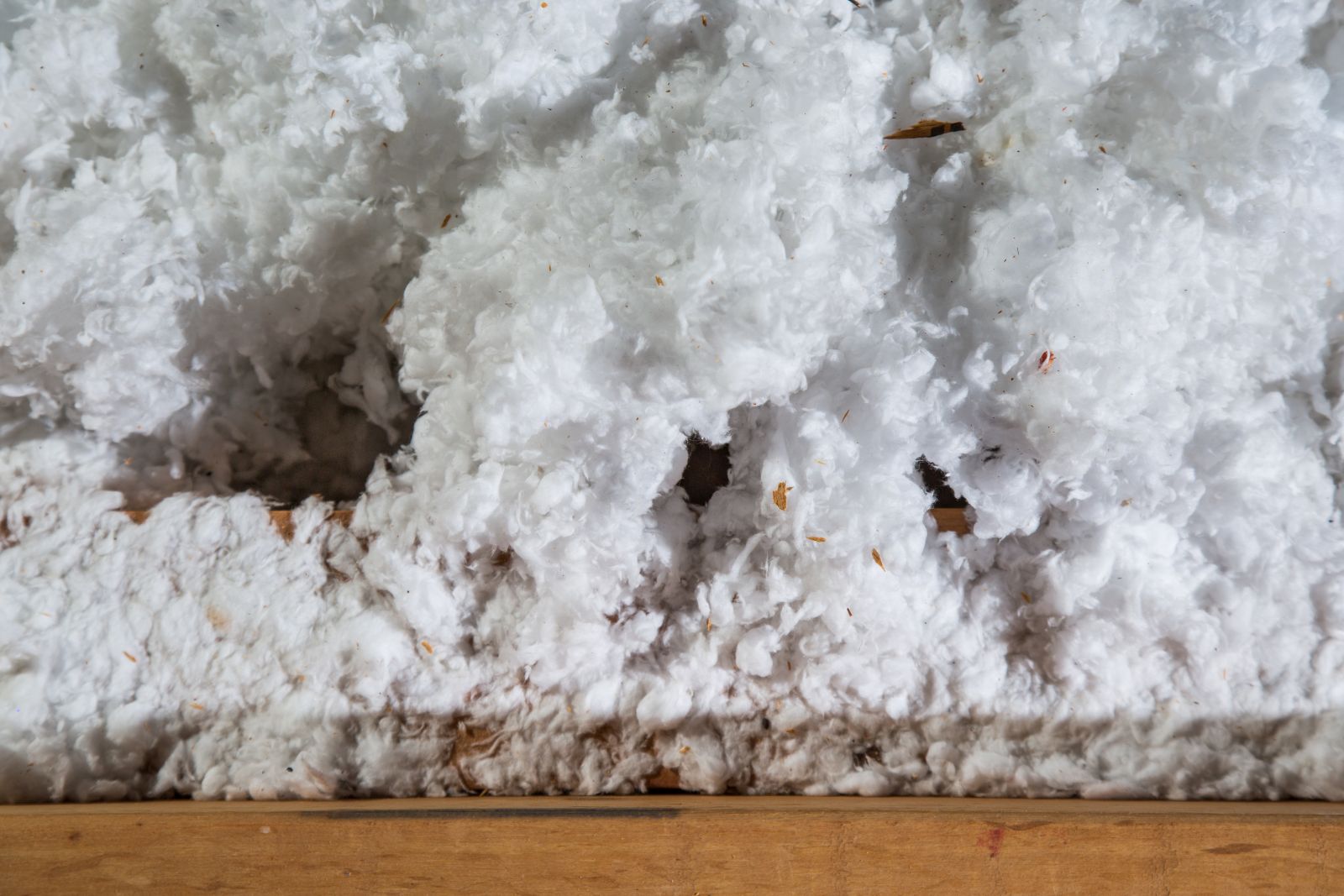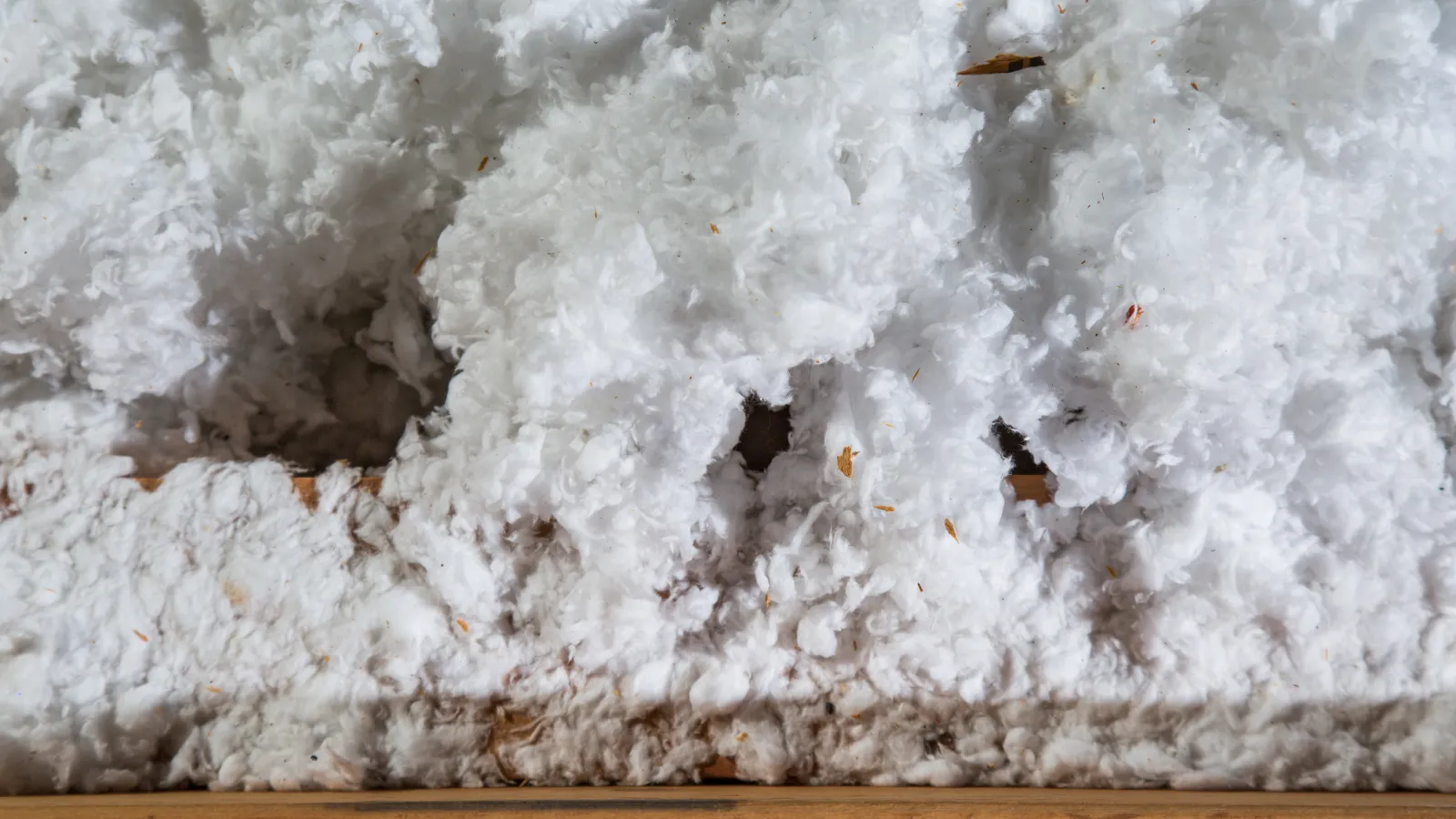When's the last time you went into, or even looked in your attic? You might not even remember what it looks like, and you might be surprised to see what's up there.
An attic is used for very few things; usually attics are used for storage, and insulation.
Insulation is a crucial part of a proper functioning home. It is responsible for the regulation of temperature in your home. This means that it helps to keep you cool in the summer and warm in the winter by reducing the exchange of heat through a surface, like your attic or walls. So this insulation in your attic helps to build up warm air in the winter and cool air in the summer.

A home isn't a home without insulation. A home should be your own private property that you are comfortable in. Without insulation your home is pretty much just a boxed in version of outside; you will shiver in the winter and sweat in the summer.
Now that you understand the importance of insulation, you probably want to protect it. You might not think there are many threats to your insulation, but there are many in your very own backyard!
Threats to Your Insulation
If you take a look in your backyard, what do you see? Probably some pretty birds, gross insects, and cute squirrels. All of these, and even unseen pests like mice and rats, can damage your insulation.
Though mice and squirrels are small, fluffy, and cute, that does not mean they are harmless. These wild animals can be sneaky, and if they find their way in your home or attic they can be very dangerous.
Pest Insulation Damage
If these rodents begin to nest in your attic they can cause many problems, some that even put your entire home at risk.
Many types of insulation are extremely vulnerable to mice and other rodents.
Physical Damage
Dry cellulose, foam, or fiberglass batt insulation are among the most common types of insulation used in attics and they are all at risk of being damaged by pests. Foam and fiberglass batt insulation can be gnawed on and destroyed, which dry cellulose can even be eating since it is made of organic material.
Biohazard Damage
The urine and excrement of these attic-dwelling rodents can cause serious health hazards. Their urine has a pungent foul odor that can stink up your entire home. They are also known to carry diseases, bacteria, viruses, and parasites that can be spread through their droppings.
Small particles in their excrement and released bodily fluids can be picked up in the air and make you sick, or trigger allergic reactions. All areas that were, or are, infested with rodents should be disinfected with care. You should always wear a mask and gloves when working in infested areas, and remember to never touch a wild animal with your bare hands.
Protect Your Attic!
The best way to prevent wildlife from getting into your attic is to block their entry points.
The simplest way to achieve this is to inspect your home for any cracks, crevices, holes or gaps as small as ¼ of an inch. Look with extra care for opening around any piping, wires, or ventilation systems. Be sure to seal up any access points you find.
There are many tell-tale signs of a rodent infestation in your attic. If you notice any sounds, smells, foreign objects coming from your attic, you should consider calling a pest control professional to assist you.
The most effective way to rid your home of any wildlife or pest infestation is to utilize your local pest control professionals. They will be able to identify your problem, provide a solution, and give you ways to prevent the infestation from ever occurring again. At Breda Pest Management, you can expect an all-inclusive Wildlife Guarantee that covers you for any damages that pests do to our work.



